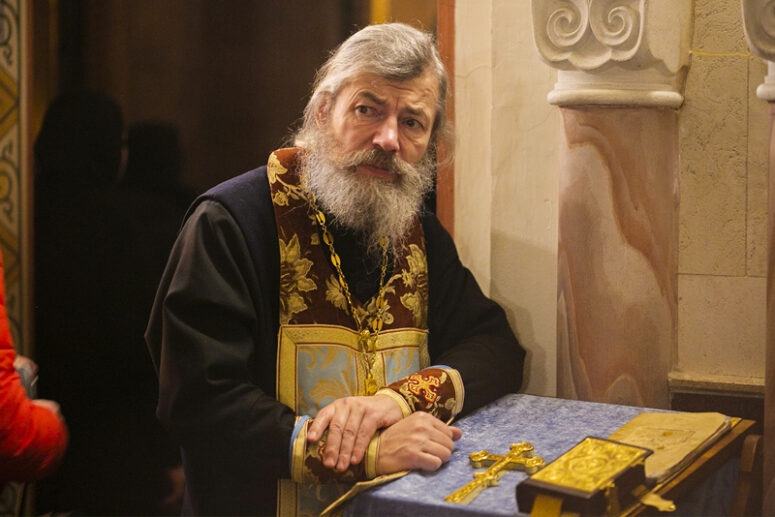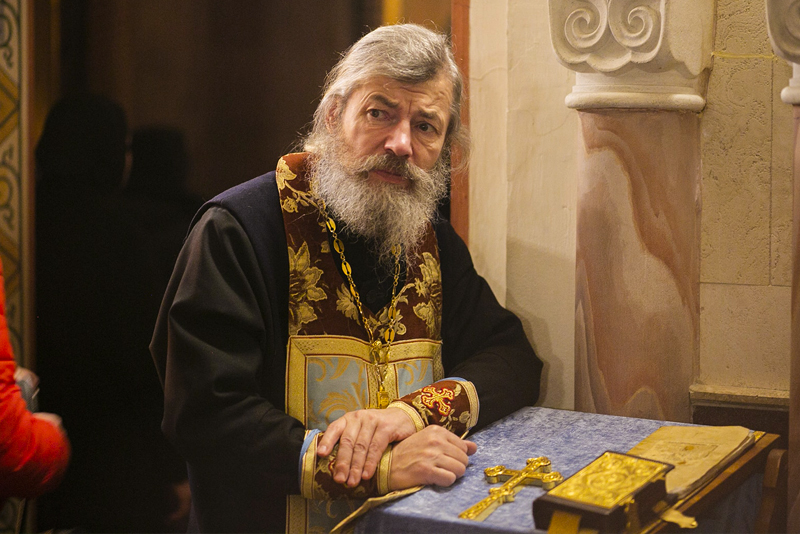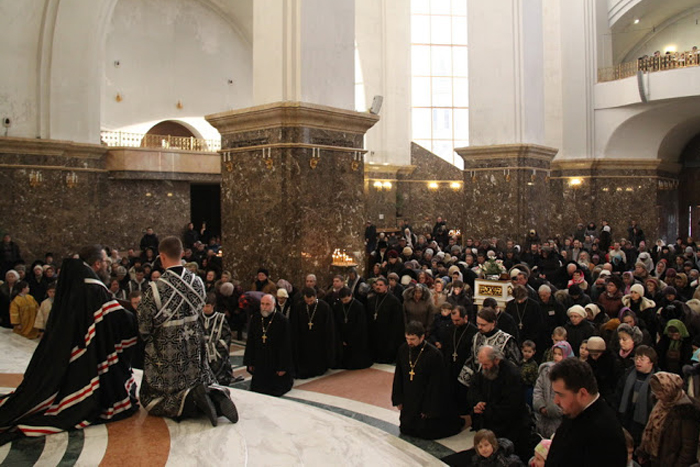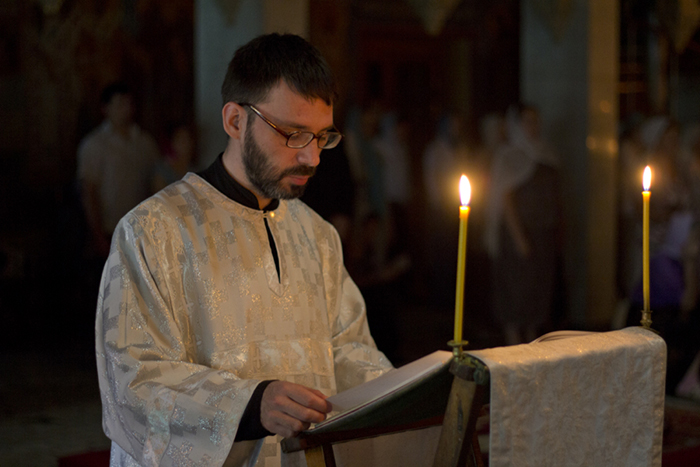
There is one fairly common mistake that many Orthodox Christians make, regardless of their experience in church.
The essence of this mistake is confusing confession with conversation. In church practice, there is confession and then there is counseling where a believer can ask a clergyman questions and receive advice. There are also catechist educational lectures, etc. Often a repentant person tries to fit all of that into one confession which significantly extends it in time. Let us not forget however that an average Liturgy lasts 1.5-2 hours, and there are usually many confessors.
Let us turn to the catechism and define the concept of the Sacrament of Repentance (confession). “Repentance is a Sacrament in which a person repenting of his sins, upon visible receipt of forgiveness from the priest, is invisibly freed from these sins by the Lord Jesus Christ Himself” (St Philaret of Moscow, Extensive Christian Catechism of the Orthodox Catholic Eastern Church).
Figuratively speaking, the Sacrament of Penance is a surgical operation, where your personal repentance is exposing your sinful sickness to God. Assisted by the priest, God Himself then removes it and heals you. It is hardly possible to imagine a patient brought on a gurney into an operating room and placed on the table suddenly sitting up and saying something like, “Doctor, let’s talk about life first.” In such a situation a person wants to get rid of his pain and thinks of survival before anything else. Similarly, in confession we need to specifically indicate where it hurts, rather than beginning to recount our life in all details. Just as a patient lifts up his shirt and shows the doctor the wound, we should also learn to “locate” our sin and be specific naming it, trying to cut off unnecessary words.
Instead of spending ten minutes on describing in detail each particular case, one can simply say “I have been judging people and I repent ” or “I had lascivious thoughts.” or “I repent of gluttony”, “I quarrelled with my parents ” and so on. There is no need to convey all details describing how, when or how many times it happened.
God KNOWS your heart. He needs you to realize your sin, be horrified by it and have the desire to repent, change yourself for the better and clearly tell the priest about it. In case of your personal repentance and contrition, the Lord Himself absolves your sin at the moment when the priest reads the prayer of absolution during confession.
Words possess great power. Think of your every word and try not to overload your confession with tons of unnecessary information. A priest, who has the God-given power to forgive and absolve our sin, must first identify it. Help him with this.
This does not mean that conversations are not needed. Of course, they are. There are always puzzling questions that need to be addressed, but there is no need to do it during confession, at least not during the Liturgy. Naturally, there are questions regarding grave sins or preparation for the Eucharist that need to be resolved immediately during confession, but these are rather isolated cases. Usually, the best thing to do is to call the priest on the phone and arrange a meeting with him outside of church service. That would be a perfect opportunity both to confess and to ask questions that concern you.”
But during the service, especially when there are many people, try to be detailed in listing your sins but not in describing the circumstances. Be succinct and concise. Be clear about your sin, rather than retelling your life in great detail.
Confession is a Sacrament. Treat it like a great shrine, not like a conversation. Try not to mix the heavenly with the earthly. Concentrate on your inner awareness of your sin: see it in your heart, shudder with disgust, understand your sin and say it before the priest. The healing from God will not be slow in coming. This is the whole point.
Translated by The Catalogue of Good Deeds
Source: https://pravlife.org/ru/content/v-chem-opasnost-dlinnoy-ispovedi




